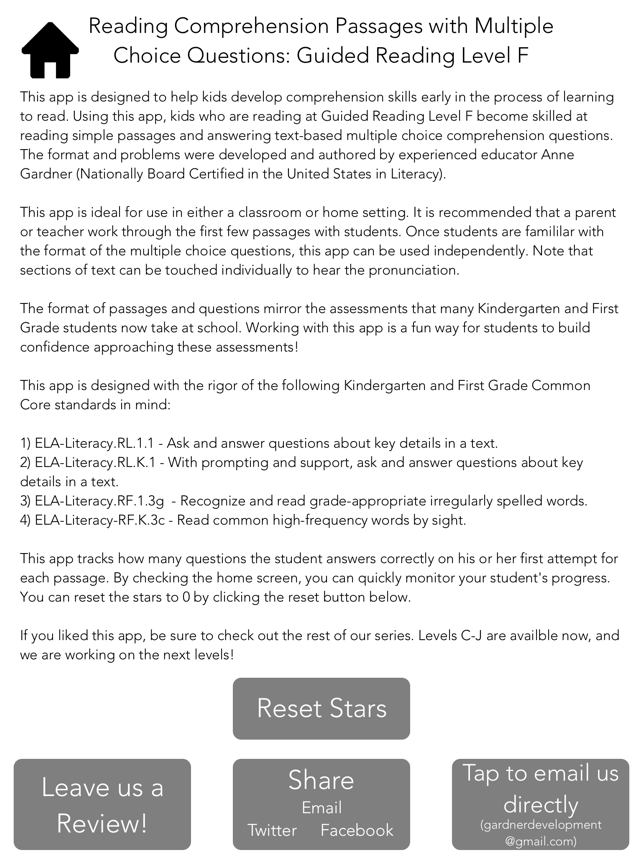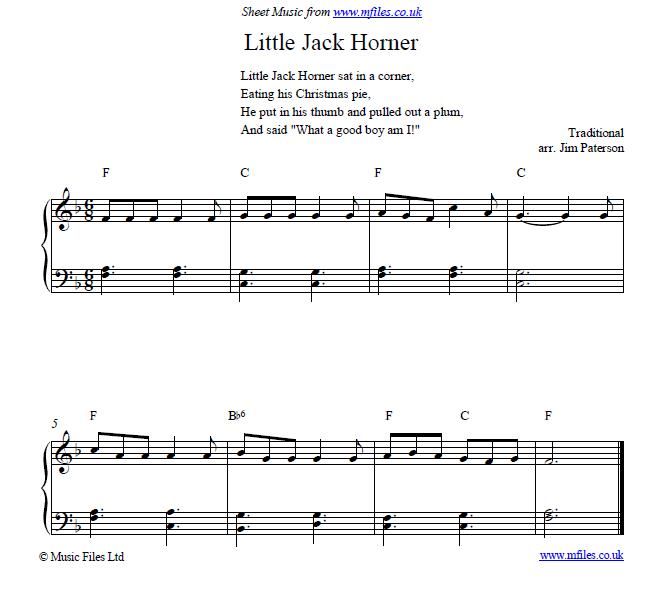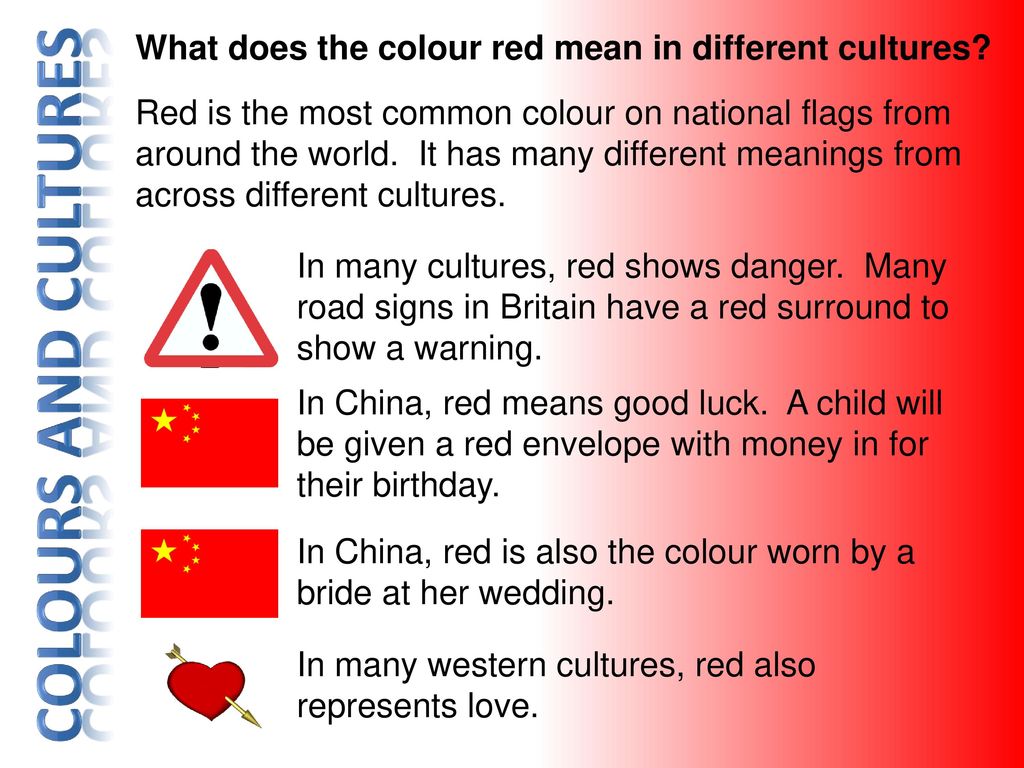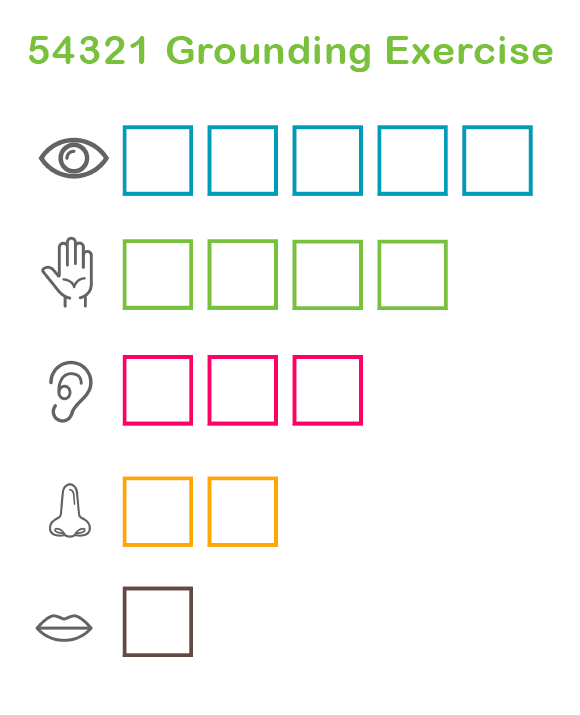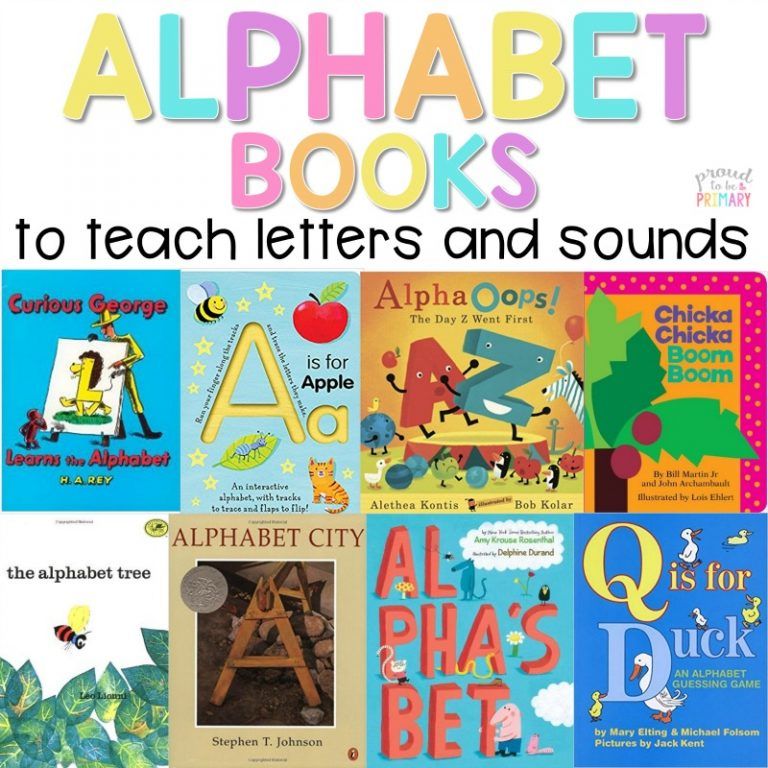Good adjectives for students
180+ Words To Describe Students
We love a good adjective (describing word) around here!
This collection of unique and interesting words is all about adjectives we use to describe students – both good and bad students.
How Would You Describe A Student?
A student is a person who is attending classes at a school or university. The word ‘student’ can actually be used to describe someone who is learning anything, and at any stage in their life though.
In order to describe a student better than just ‘good’ or ‘bad’, we can use adjectives such as:
List of Words To Describe A Student
- academic
- adaptable
- adventurous
- alert
- ambitious
- amicable
- analytical
- animated
- appreciative
- assiduous
- astute
- awesome
- bold
- bright
- brilliant
- bubbly
- busy
- capable
- careful
- clever
- collaborative
- committed
- competent
- confident
- conscientious
- considerate
- consistent
- cooperative
- coordinated
- cordial
- courageous
- courteous
- creative
- dedicated
- delightful
- determined
- diligent
- disciplined
- driven
- eager
- effective
- efficient
- empowered
- energetic
- entertaining
- enthusiastic
- exceptional
- excited
- fantastic
- fluent
- friendly
- fun
- generous
- genius
- good
- happy
- hard-working
- helpful
- hilarious
- honest
- hopeful
- humble
- humorous
- imaginative
- incisive
- ingenious
- innovative
- inquiring
- insightful
- inspirational
- inspiring
- instinctive
- intelligent
- interested
- intuitive
- inventive
- jokester
- jovial
- keen
- kind
- knowledgeable
- leader
- learner
- level-headed
- lively
- logical
- loyal
- mathematical
- memorable
- mentee
- mentor
- methodical
- meticulous
- mindful
- motivated
- motivating
- motivational
- natural
- neat
- nice
- objective
- open
- optimistic
- organized
- passionate
- patient
- pensive
- perceptive
- perseverant
- persistent
- playful
- polite
- positive
- prepared
- proactive
- professional
- proficient
- prudent
- punctual
- quick
- reflective
- relentless
- reliable
- resilient
- resourceful
- respectful
- responsible
- scrupulous
- sensible
- serious
- sharp
- sincere
- skilful
- smart
- sociable
- spirited
- steady
- stern
- stimulating
- studious
- successful
- superb
- sweet
- sympathetic
- talented
- technological
- tenacious
- thankful
- thorough
- thoughtful
- tough
- trustworthy
- underrated
- understanding
- unorganized
- valuable
- vivacious
- warm
- welcoming
- willing
- wise
- wonderful
Words To Describe Students Strengths And Weaknesses
The above list of words are great for describing students and their strengths, however in regards to the weaknesses of a student, we could use words such as:
- aloof
- disappointing
- disruptive
- distracted
- inconsistent
- messy
- substandard
- underachieving
- unfocused
- uninterested
- unorganized
- unsatisfactory
You will notice that the above words don’t necessarily speak of a lack of intelligence from a student, but more a lack of willingness to try hard and put in the work required to learn.
These are the qualities that teachers of any discipline find the most frustrating and disruptive to lessons of any kind.
For more lists of words and quotes, be sure to check out:
- 100+ Words To Describe A Best Friend – Adjectives For Best Friends
- 200+ Words To Describe A Teacher
- 150+ Words To Describe A Good Leader
- 200+ Words To Describe Attitude
- 200+ Words To Describe Music
Adjective Words to Describe Good Students
You have already learned about various kinds of adjectives and how they can be used in a sentence. Today we’ll have a look at words teachers should use to describe the student’s performance and appreciate the ones who are doing good academically.
Following is a list of quality adjective words to bring positivity in students (when used for them) and make them more efficient in their studies.
| Attentive | Alert | Calm | Cheerful |
| Well-groomed | Coordinated | Understandable | Animated |
| Spontaneous | Fluent | Articulate | Thoughtful |
| Consistent | Determined | Adaptable | Courageous |
| Courteous | Ambitious | Creative | Resourceful |
| Diligent | Reliable | Sensible | Cooperative |
Let’s have a look at examples of adjectives that would be helpful in describing the traits and qualities of a good student.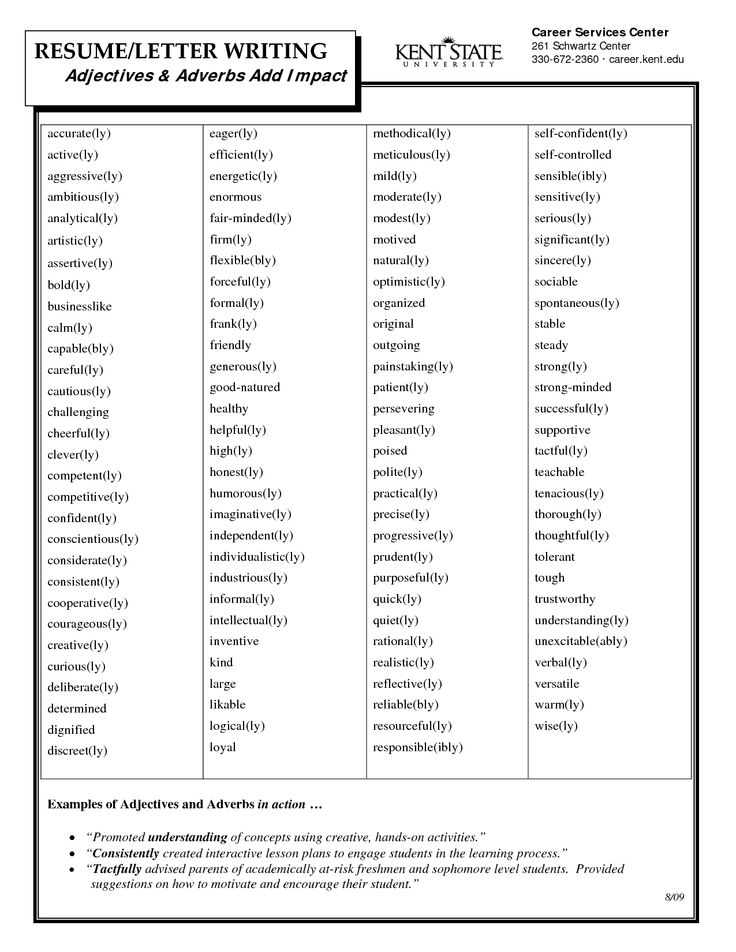
1. Attentive: characterized by or giving attention; observant
Example: He would like more time with his attractive, attentive wife, and, adoring, aging mother.
2. Alert: fully aware and attentive; wide-awake; keen
Example: Recommend all unit commands go to Combat Alert status and prep action stations.
.3 Calm: without rough motion; still or nearly still
Example: Despite advice to remain calm, my white-knuckled hand slowly eases the control stick to the right.
4. Cheerful: characterized by or expressive of good spirits or cheerfulness
Example: Two walls of the gallery are covered with her canvases, awash with deep blues and cheerful yellows.
.5 Well-groomed: having the hair, skin, etc., well cared for; well-dressed, clean, and neatly
Example: Most of us find them unattractive, though there are thousands of rodent fanciers who dote on their well-groomed rat-pets.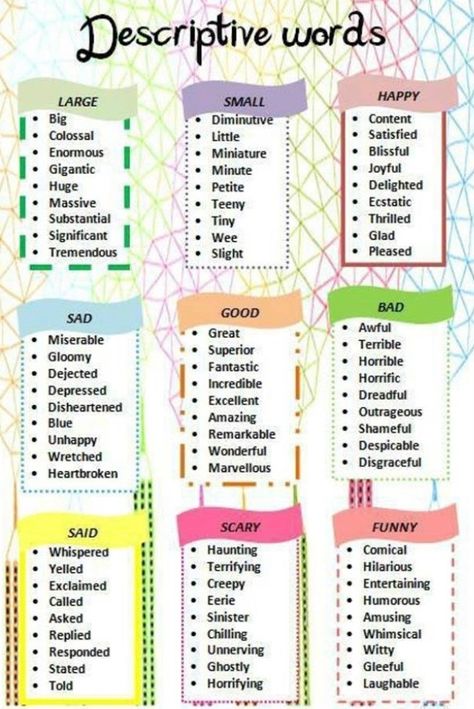
6. Coordinated: of the same order or degree; equal in rank or importance.
Example: The few seemingly simple slips of paper turn out to be a confusing labyrinth of coupons, even if color coordinated.
7. Understandable: capable of being understood; comprehensible.
Example: Many directors and actors in this country have made the same understandable mistake.
8. Animated: made or equipped to move or give the appearance of moving in an animallike fashion
Example: The duty surely includes an obligation to investigate suspicious proposals and to reject those animated by hostility to religion.
9. Spontaneous: coming or resulting from a natural impulse or tendency; without effort or premeditation; natural and unconstrained; unplanned
Example: Whenever there was no spontaneous response, the abreactive effect was induced by verbal stimulation.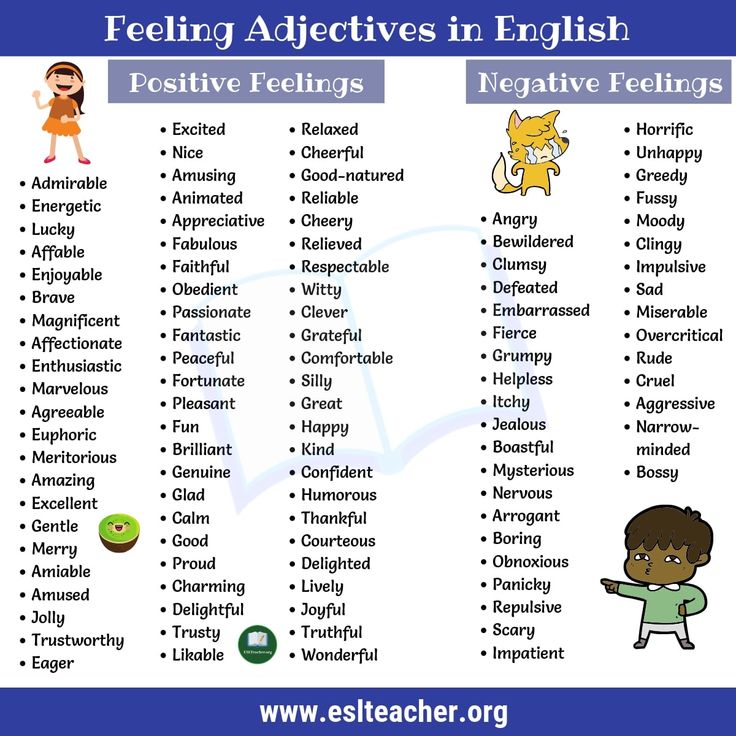
10. Fluent: able to speak or write smoothly, easily, or readily
Example: He became fluent in Spanish late in his life, as it was not his first language.
11. Articulate: to pronounce clearly each of a succession of speech sounds, syllables, or words; enunciate
Example: Their most articulate supporters point out that Latour’s non-human actants are already articulated by human agents.
12. Thoughtful: characterized by or manifesting careful thought
Example: It makes me think that she’s just fairly introverted and is quite a thoughtful person, even pensive perhaps.
13. Consistent: agreeing or accordant; compatible; not self-contradictory
Example: There was no consistent data supporting the use of readmission rates as a measure of the quality of care.
14. Determined: resolute; staunch
Example: The cause of the fire has not yet been determined, but investigators suspect arson.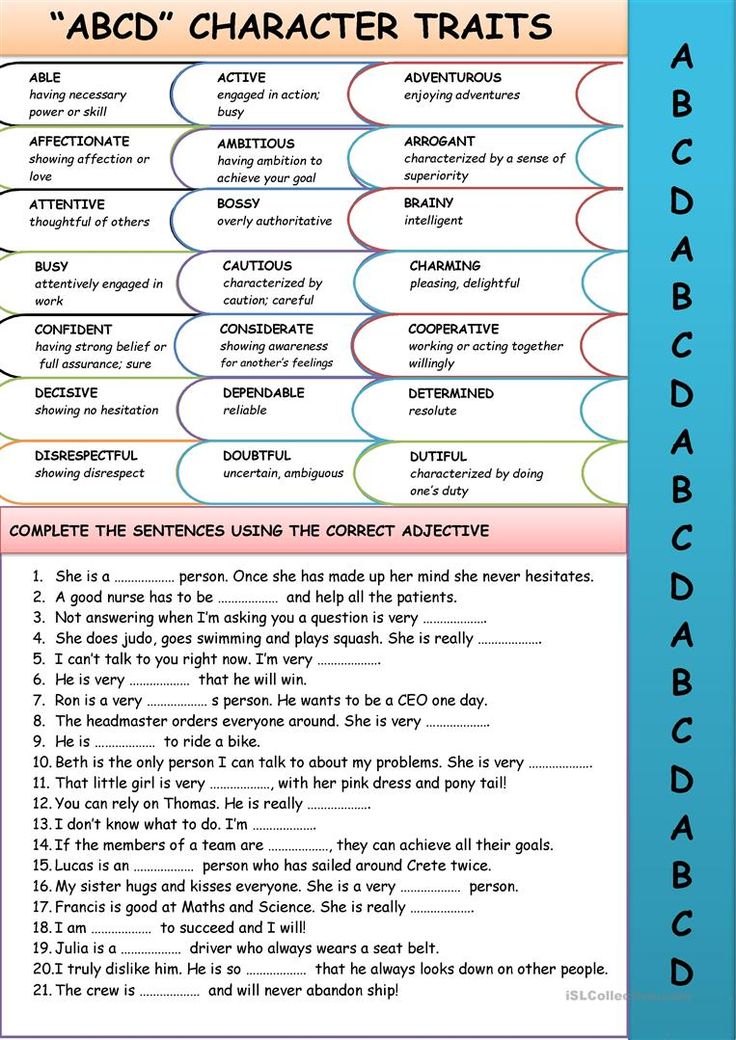
15. Adaptable: able to adjust oneself readily to different conditions
Example: Acoustical control poses one of the greatest challenges to adaptable interiors.
16. Courageous: possessing or characterized by courage; brave
Example: This was a case of a courageous individual stepping forward and enabling the Army to police itself.
17. Courteous: having or showing good manners; polite.
Example: Ernest was an old fashioned sort, well mannered and courteous, quietly spoken, and above all a gentleman.
18. Ambitious: having the ambition; eagerly desirous of achieving or obtaining success, power, wealth, a specific goal
Example: An ambitious plan to convert two acres of unused allotments into recreational facilities was launched today.
19. Creative: having the quality or power of creating
Example: The meetings encourage like-minded people to gather for a creative and stimulating exchange of ideas.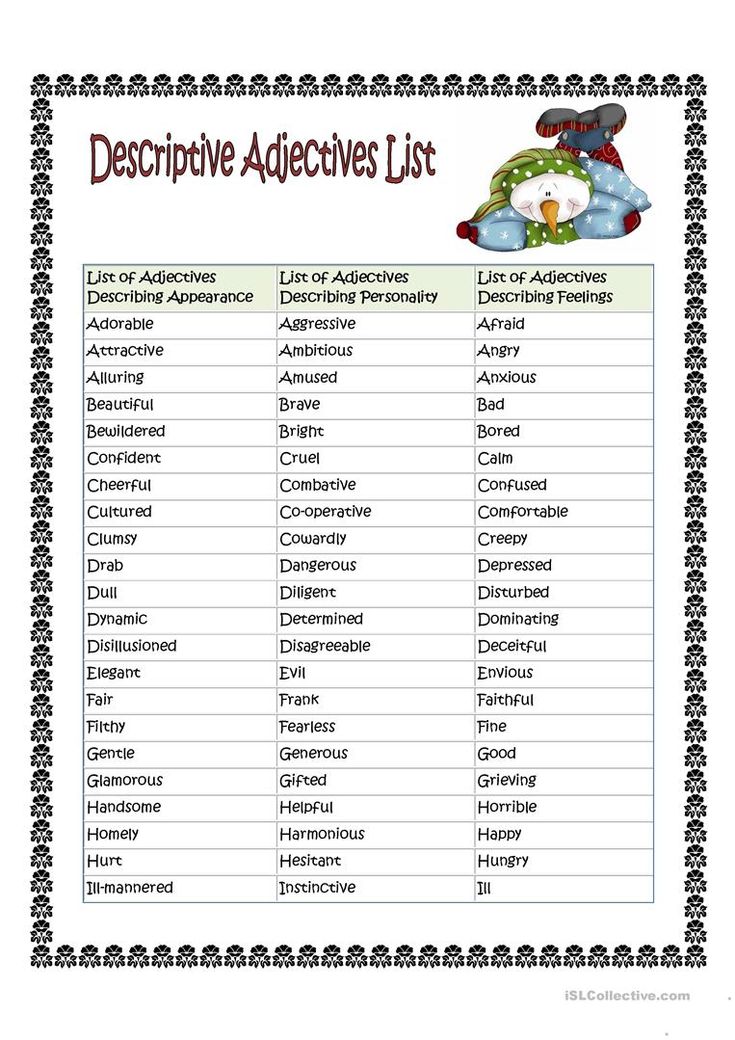
20. Resourceful: able to deal skillfully and promptly with new situations, difficulties, etc.
Example: This foundation, in turn, leads to children developing into resourceful and resilient teenagers and adults.
21. Diligent: constant in effort to accomplish something; attentive and persistent in doing anything
Example: They are orderly, diligent and respectable within their own conventions, as in his two pictures of peasant weddings.
22. Reliable: that may be relied on or trusted; dependable in achievement, accuracy, honesty.
Example: The following is a list of people who have been described as a polyhistor by reliable sources.
23. Sensible: having, using, or showing good sense or sound judgment
Example: A healthy diet coupled with sensible exercise is the only way to regain one’s figure and fitness levels after childbirth.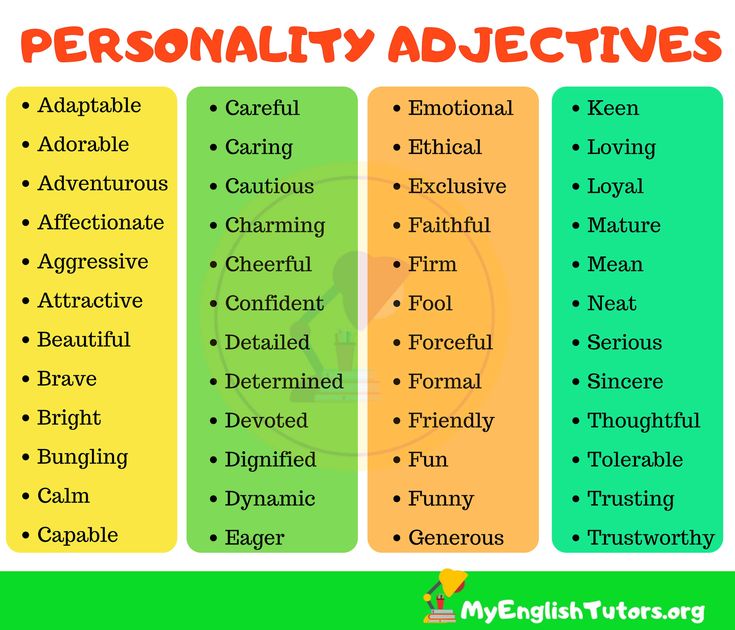
24. Cooperative: working or acting together willingly for a common purpose or benefit.
Example: They certainly were cooperative in terms of providing hair and handwriting samples and that sort of thing.
25. Level-headed: It means that the student is not prone to tantrums or reckless behavior
Example: The best thing about Jenna from my chemistry class is that she is level-headed. Not to mention, that’s not even her best trait.
26. Mature: It is flattering for the student who is in front of the listener, disciplined and calm
Example: Peter does his daily activities in a mature manner.
27. Fighter: It is a good word for describing a student who doesn’t give up easily.
Example: With that fighter personality he has, Jimmy can do anything he puts his mind to.
28. Spirited: It suggests confidence and dedication.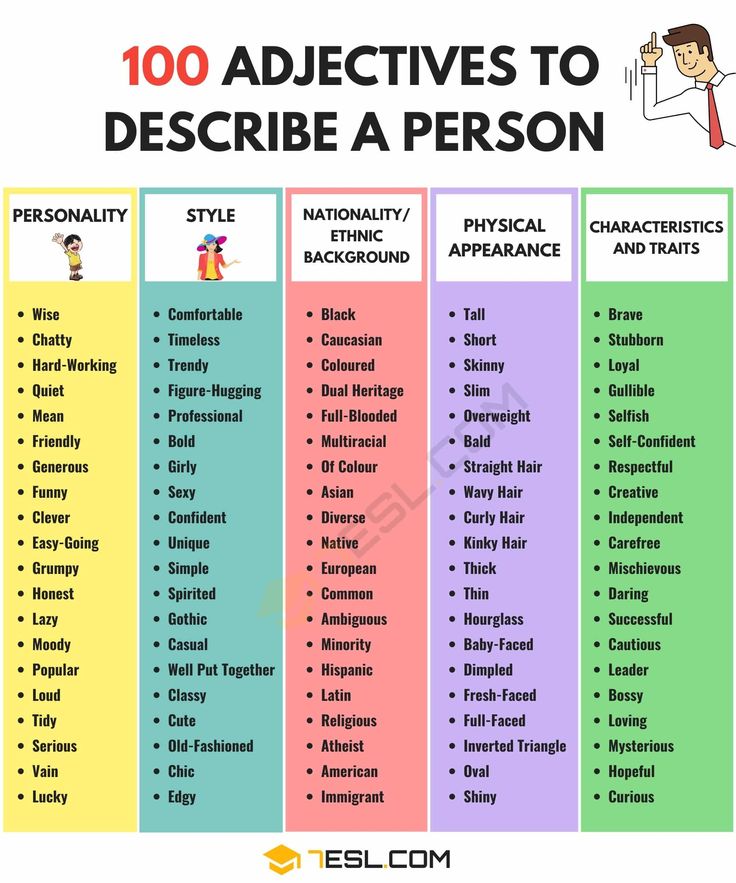
Example: James Leroy is quite spirited; that’s how he excels at whatever he does.
29. Humble: it suggests calmness when it comes to how the student is or behaves. It also suggests that the student is disciplined and listens to adults.
Example: We have many students here, but none can match your son Drew in being humble.
30. Reserved: As a description, it also suggests good manners and maturity.
Example: Luther is not likely going to cause trouble; he is a reserved and disciplined boy
Try to use these words for your students and see how their productivity increases over time
Quick Links
EXERCISES FOR STUDYING ADJECTIVES FOR CHINESE STUDENTS OF THE OIL AND GAS PROFILE
DOI: https://doi.org/10.23670/IRJ.2022.118.4.056
УПРАЖНЕНИЯ ПО ИЗУЧЕНИЮ ПРИЛАГАТЕЛЬНЫХ ДЛЯ КИТАЙСКИХ СТУДЕНТОВ НЕФТЕГАЗОВОГО ПРОФИЛЯ
Scientific article
Zhang Bin *
ORCID: 0000-0002-9785-6029,
05[at]gmail.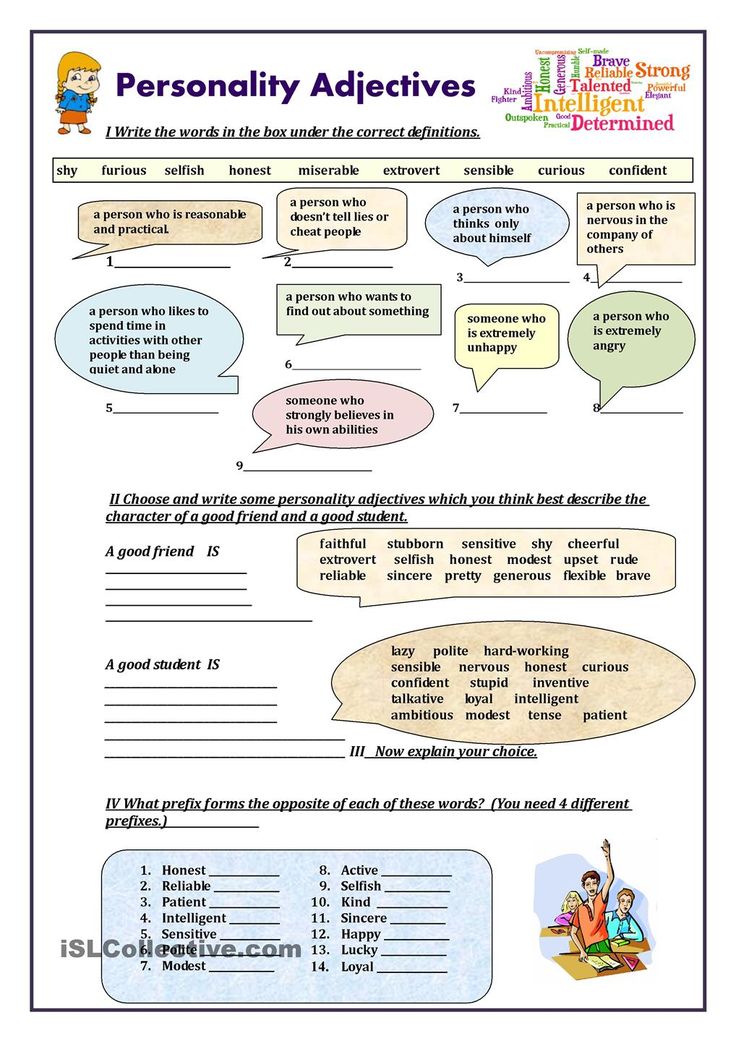 com)
com)
Annotation
This article deals with the problem of studying Russian adjectives by Chinese students in the oil and gas field. The purpose of the study is to develop a systematic set of exercises for Chinese students studying in the oil and gas field, while these exercises take into account differences in Russian and Chinese languages and teaching methods. As a result of the study, we developed a systematic set of tasks in the process of compiling exercises, taking into account the peculiarities of teaching Chinese students. We felt that Chinese students needed not only phonetic and grammar tasks, but also more communication and listening skills tasks, which would allow developing the language competencies of future translators.
Key words: exercise, adjective, Chinese student, oil and gas profile, Russian.
EXERCISES FOR STUDYING ADJECTIVES FOR CHINESE STUDENTS OF THE OIL AND GAS PROFILE
Research article
Zhang Bin *
ORCID: 0000-0002-9785-6029,
Kazan Federal University, Kazan, Russia
* Corresponding author (zhangbin0905[at]gmail.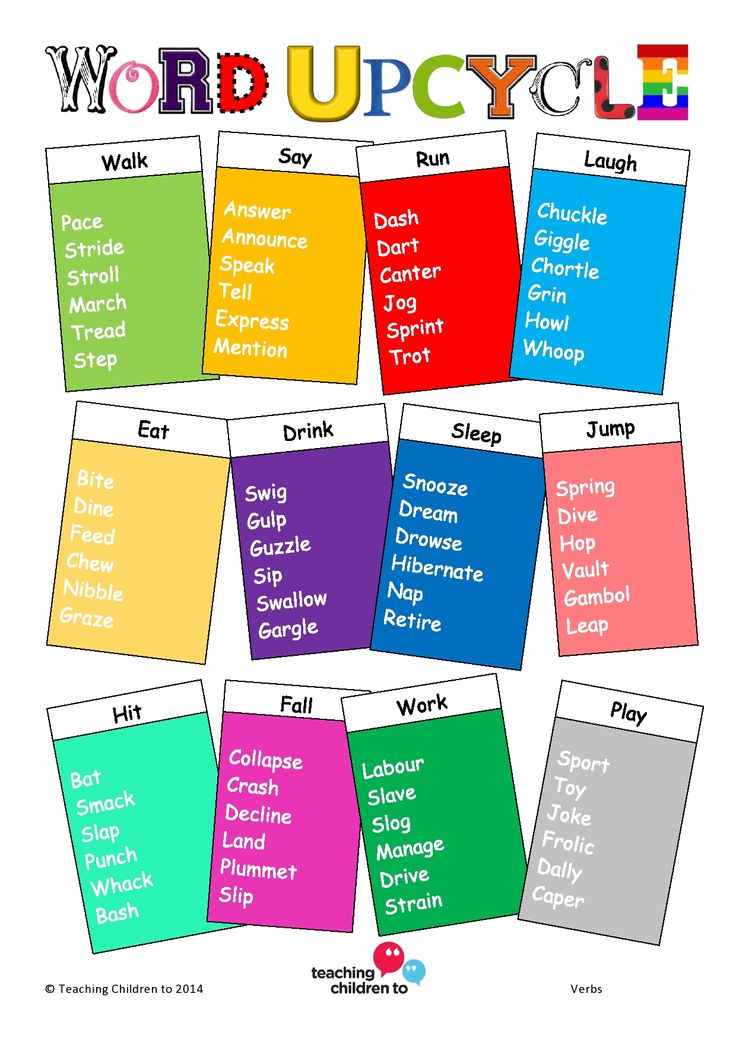 com)
com)
Abstract
This article discusses the problem of studying Russian adjectives by Chinese students studying disciplines related to the oil and gas industry. The aim of the study is to develop a systematic set of exercises for Chinese students studying in the oil and gas profile; the exercises take into account differences in Russian and Chinese languages and in teaching methods. As a result of the research, the authors introduce a systematic set of tasks in the process of composing exercises, taking into account the peculiarities of teaching Chinese students. The authors believe that Chinese students need not only phonetic and grammatical tasks but also more tasks for communication and auditory skills that will allow them to develop the language competencies of future translators.
Keywords: exercise, adjective, Chinese student, oil and gas profile, Russian language.
In recent years, more and more Chinese are studying at Russian universities and getting higher education.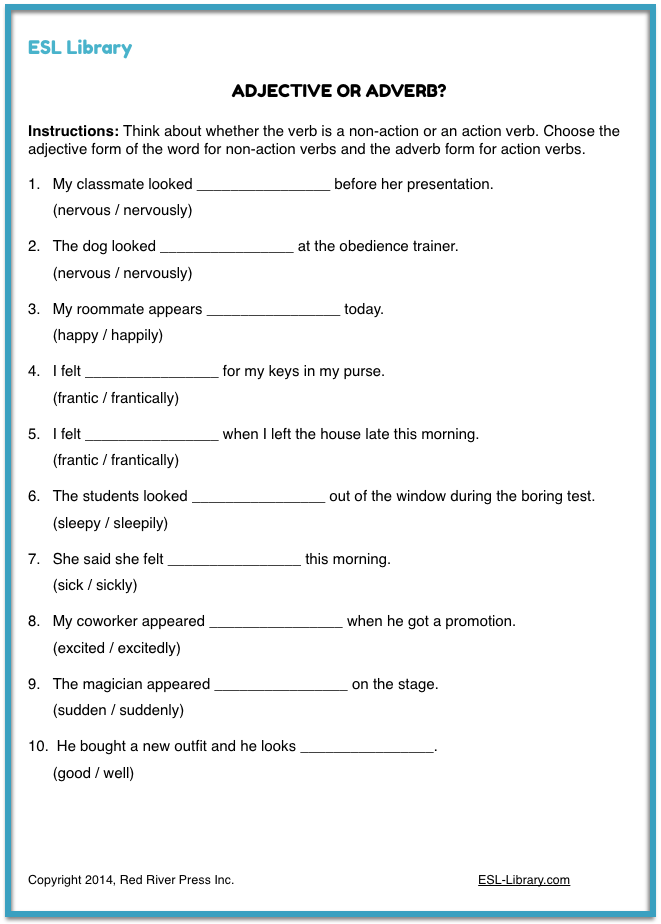 Among them are students studying Russian language and Russian literature, as well as a large number of students who study other professional areas. For example: oil and gas, biological, economic, musical and other profiles. For these students from China, in addition to mastering the most common words in the language, they also need to learn professional vocabulary.
Among them are students studying Russian language and Russian literature, as well as a large number of students who study other professional areas. For example: oil and gas, biological, economic, musical and other profiles. For these students from China, in addition to mastering the most common words in the language, they also need to learn professional vocabulary.
As you know, the adjective in the Russian language plays a very important role: as a rule, it is used in written and oral speech, gives it figurativeness and expression, and has great visual potential. For example, using the expressions " red face", "golden voice" or "green apple" the speaker makes his speech more expressive, lively . However, not only in everyday communication, in artistic discourse, adjectives are widely used. They are often found in the technical field, in particular the oil and gas profile. For example: Chemical reaction, pipeline route, lubricants, car tires, oil industry.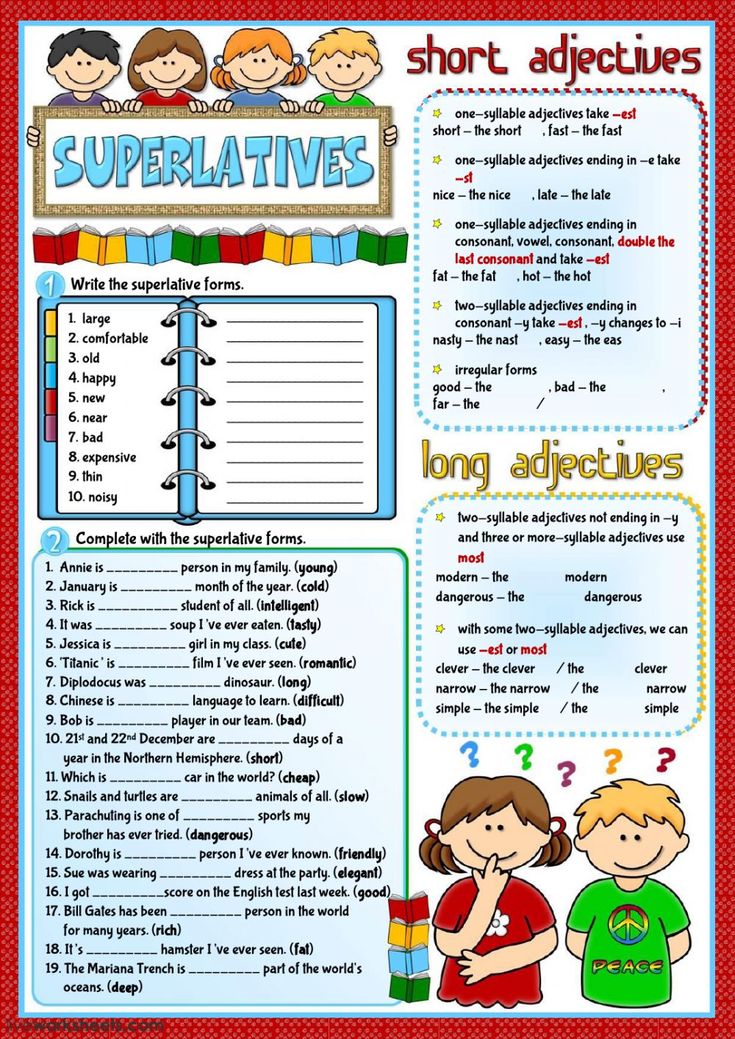
For foreign students who wish to receive higher education in Russia at the undergraduate level, it is required to know Russian as a foreign language at the B1-B2 level (second certification level). Adjective name in the “state educational standard for Russian as a foreign language second level. General knowledge” indicates that foreign students should have the following set of knowledge: “Qualitative and relative adjectives. Full and short adjectives. Agreement of a full adjective with a noun in gender, number, case. The case system of adjectives. Degrees of comparison of adjectives. Management of full and short adjectives” [2, p.16]. The “State Educational Standard for Russian as a Foreign Language: First and Second Level Professional Modules” states that the scientific style is characterized by the use of “a short form of adjectives: rich, typical, equal, etc.” [1, p.13]. As can be seen from the above standards, foreign students should not only know what an adjective is, but also be able to understand the lexical and grammatical features and conditions for using Russian adjectives in written and oral speech.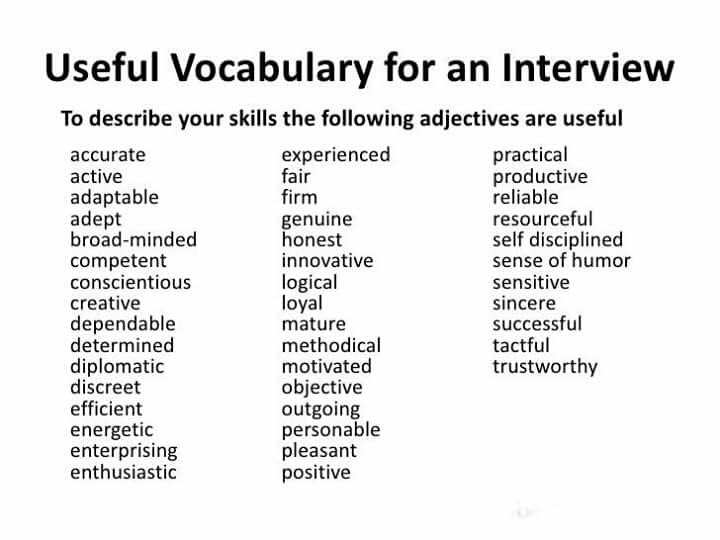
Ivanova T. M. In her work she wrote: “The problem of building a system of exercises is one of the central problems in teaching foreign languages.” [3, S.221–228]. Therefore, it is very important to use systematic practice in Chinese lessons to improve the language skills of students, taking into account the main profile of student training - linguists-translators in the oil and gas industry. The ultimate goal is to teach students how to correctly use adjectives in oil and gas texts, and for this it is necessary to create a system of exercises taking into account the difference between Chinese and Russian adjectives. So, we believe that the exercises can be divided according to the following principle:
- Phonetic exercises.
According to numerous studies, they are primarily necessary for the formation of phonetic skills. The authors introduced the concept of "phonetization of the entire educational process" [7],[8],[9].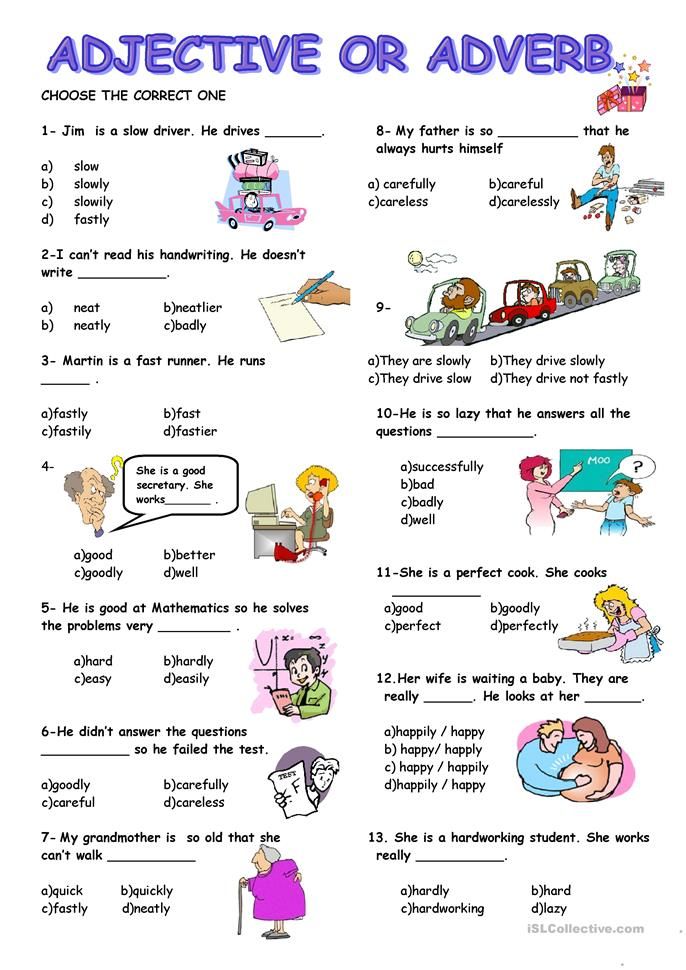 Yun L.G. holds the same opinion, according to which “each topic should begin with a block of phonetic exercises” [10, p.322–330]. Based on the experience of teaching Russian to students from China, we noticed that Chinese students often pronounce the sound l instead of r, , therefore, in the lesson they can be offered the following:
Yun L.G. holds the same opinion, according to which “each topic should begin with a block of phonetic exercises” [10, p.322–330]. Based on the experience of teaching Russian to students from China, we noticed that Chinese students often pronounce the sound l instead of r, , therefore, in the lesson they can be offered the following:
1) Read the syllables below and pay attention to the pronunciation of the sounds r and l.
Ra - ro - re - ru - ro - ri - rya
La - lo - le - lu - lo - li - la
civilization, oil refers to fossil fuels, paraffin oil, intermediate oil, paraffin-free oil, energy need, hydrocarbon raw materials, other science.
3) Read the following tongue twisters (examples are taken from T. I. Pimenova's textbook) [6]:
A). The propeller lifted the helicopter and the flight took place;
B). Ships are sailing in the sea, cranes are flying in the sky;
B). Marina picked raspberries, Karina picked viburnum;
Marina picked raspberries, Karina picked viburnum;
D). Sausage cheese is simply cool;
E). Eagles are wise, eagles are strong, they fly high, they look far.
- Lexical exercises.
It is worth noting that in the field of the oil and gas industry there are complex adjectives formed from compound nouns that are difficult to perceive by students from China, on the basis of which we identified and proposed the following tasks:
1) Read the adjectives and write the nouns derived from them:
Petrochemical, Petroleum, Energy, Engineering, Geophysical, Geochemical, Pipeline
2)Determine the meaning of the words using the Russian-language dictionary of terms:
Petrochemical, oil, energy, technical, geophysical, geochemical, pipeline
3) Combine the following coal words into lexical pairs:
nouns , oil product, reaction, transport, property, cost.
Adjectives: stone, obtained, chemical, railway, physical, high.
- Grammar exercises.
All foreign students, especially students from China, have difficulty learning the grammatical features of adjectives [4],[5],[12]. Due to the fact that, unlike the Russian language, in Chinese the form of the adjective does not change by gender, number, case, and also does not have such a characteristic as declension. Therefore, a separate focus on grammar exercises for students from China is very important:
1) Find which words have a multiple form and explain why:
High, oil, chemical, complex, reinforced concrete, liquid, plastic, Russian, petrochemical, washing, metal, pipeline, large, optimal.
2) Write the comparative forms of adjectives:
Bad, late, deep, expensive, distant, rare, good, short, small, high, private.
3) Make a phrase according to the model, changing the form of the adjective:
Become + main view; distinguish + other fossil fuels; depend + oil and gas complex; play + big role; found + modern method; to be replaced + rotary drilling; own + fertile land.
Sample: become the main species
There are differences in the methods of learning the Russian language in China and Russia. Students from China are good at reading and writing in Russian, and speaking and listening are difficult. Yusupova Z.F. also noted in her work: “Chinese students, once in Russian universities, experience a “light shock”, since the Russian teacher immediately begins to require them to enter into active communication, tries to use the communicative method in the classroom.” [11, S.225–230]. Therefore, for students from China, it is necessary to compose more communicative and auditory exercises. At the same time, for a higher and longer-term result, before performing these exercises, students should know and learn the words that can be found in the exercises well.
- Communication exercises.
1) Make up a dialogue using the words below:
High cost, Petrochemical industry, Essential product, Present time, The only way, Oil business.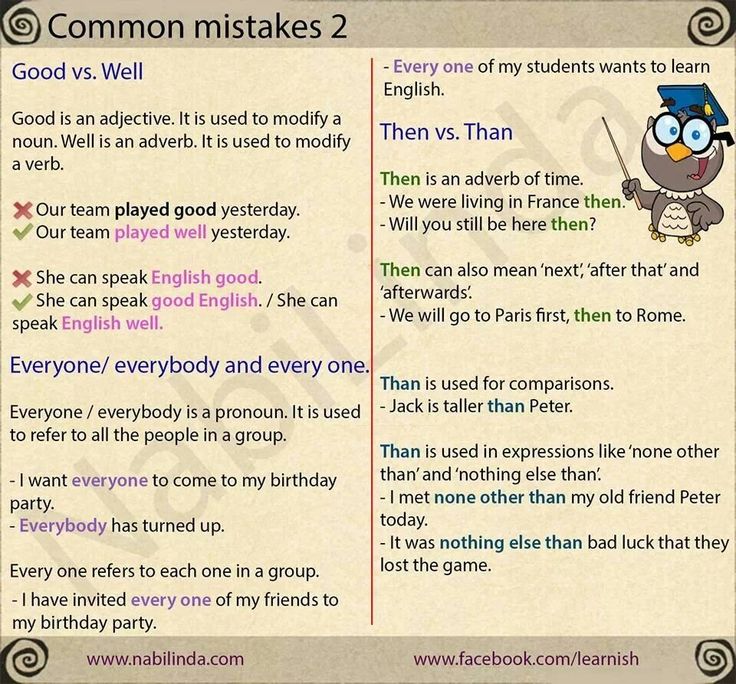
2) Role play: you are the director of an oil and gas company from Russia, and your classmate is the director of an oil and gas company from China. Make up a dialogue on a topic of your choice. For example, to discuss the details of the supply of special equipment from China to Russia.
3) Prepare a story on the topic “China's oil and gas industry” and compare the state of industry in China and Russia.
4) Retell the text from the textbook in your own words.
- Auditory exercises.
Example from YouTube (Oil Rig - Inside the Incredible Mechanics (National Geographic) How Oil is Produced)
1) Listen carefully and write in your notebook terms from the oil and gas industry. (dictation)
2) Watch the video “oil and gas industry in Russia” and answer the questions.
3) Watch the video “oil and gas industry in Russia” and retell its content.
Conclusion
Our research has shown that when teaching Chinese students about Russian language adjectives in the oil field, one should mainly consider the future career of translators.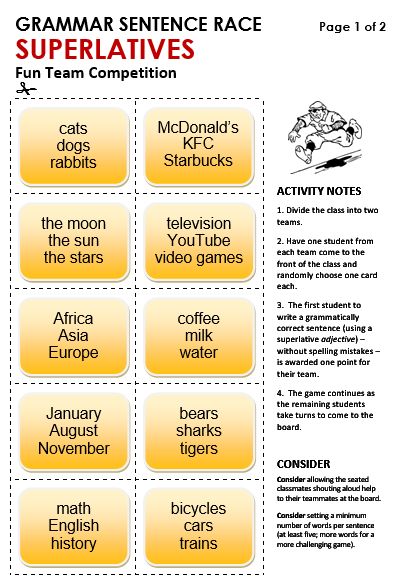 Particular attention should be paid to the pronunciation of words, as well as the accumulation and assimilation of professional terms, the enrichment of students' vocabulary, teaching the correct use of adjectives in written and oral speech.
Particular attention should be paid to the pronunciation of words, as well as the accumulation and assimilation of professional terms, the enrichment of students' vocabulary, teaching the correct use of adjectives in written and oral speech.
Taking into account the difference between Chinese and Russian, teachers should strengthen grammar exercises in classroom practice so that students can understand the logic and mechanisms of the formation of Russian words, and how to correctly use Russian grammar not only in writing, but also in oral speech. It should be emphasized that the methods of teaching the Russian language in China and Russia are different, in the classroom teachers should diversify and expand the ways of interaction between students and contribute to the development of their communication skills.
| Conflict of interest Not specified. | Conflict of Interest None declared. |
References
- State educational standard for Russian as a foreign language.
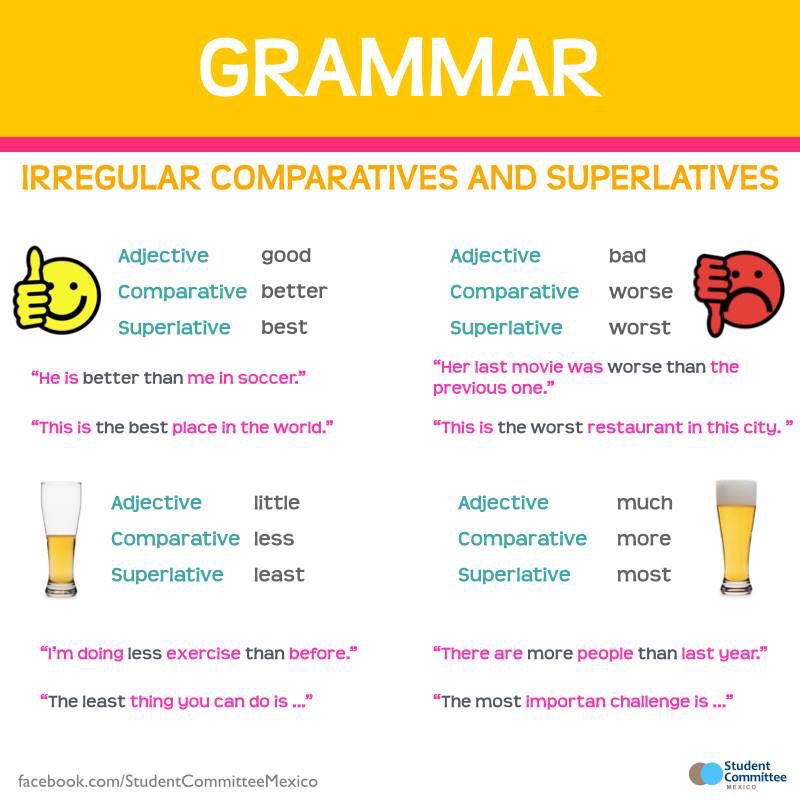 professional modules. First level. The second level / Andryushina N. P. and others - M. - St. Petersburg: "Zlatoust", 2000. - 56 p.
professional modules. First level. The second level / Andryushina N. P. and others - M. - St. Petersburg: "Zlatoust", 2000. - 56 p. - State educational standard for Russian as a foreign language. Second level. Common ownership / T. A. Ivanova and others - M. - St. Petersburg: "Zlatoust", 1999. - 40 p.
- Ivanova T. M. The system of exercises in the classroom in Russian as a foreign language (from work experience) / T. M. Ivanova // Scientific notes of the Transbaikal State University. Series: Philology, history, oriental studies. 2013. No. 2 (49). pp. 221–228.
- Kuznetsova M. V. Work on Russian adjectives in the aspect of teaching Russian as a foreign language / M. V. Kuznetsova //Russian Studies. 2005. No. 1. S. 19–25.
- Narbekova O. V. The study of adjectives at the lessons of Russian as a foreign language at the initial stage / O. V. Narbekova // Modern problems of philology: collection of materials of the VII International scientific and practical conference (Tambov, 12.
11.2019), Tambov. 2019. From 82–86.
- Pimenova TI New tongue twisters for all sounds: a guide for speech therapists - practitioners and attentive parents / TI Pimenova. - St. Petersburg: KARO, 2010. – 160 s.
- Polyakova Yu.D. Formation of auditory pronunciation skills among Chinese students on the material of texts in the specialty "Oil and Gas Business": basic and first certification levels of Russian language proficiency: dissertation of a candidate of pedagogical sciences: 13.00.02 / Polyakova Yuliya Davidovna; [Place of protection: Mosk. ped. state university]. - Moscow, 2008. - 225 p.
- Phonetics in the practical course of Russian as a foreign language: Proc. allowance / N. A. Lyubimova, I. P. Egorova, N. L. Fedotova; St. Petersburg. state un-t. - St. Petersburg: St. Petersburg State University, 1993. - 92 p.
- Shustikova T.V. Phonetic aspect in the practical course of Russian as a foreign language / T.V. Shustikova // Russian as a foreign language and methods of its teaching: XXI century: Collection of materials of the scientific-practical conference.
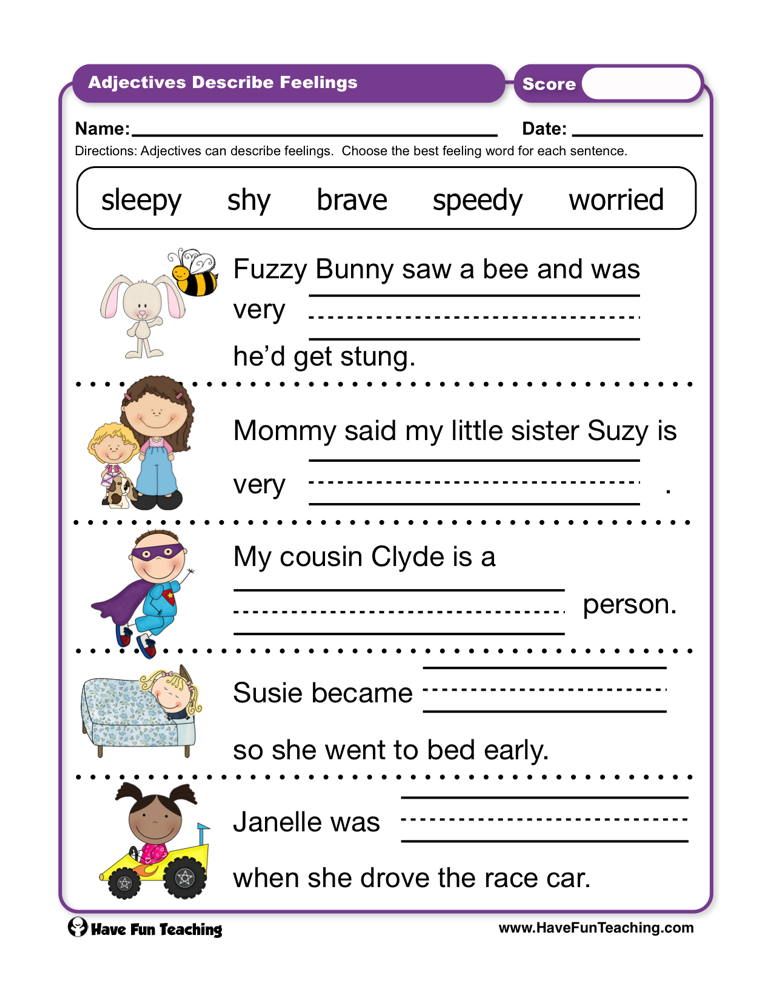 M.: MPGU, 2005. S. 116–118.
M.: MPGU, 2005. S. 116–118. - Yun LG The system of exercises for teaching Chinese engineering students general knowledge of the Russian language and the language of the specialty / LG Yun // Samara Scientific Bulletin. 2019. No.1 (26). pp. 322–330.
- Yusupova ZF The study of professional vocabulary in the classroom in Russian as a foreign language (oil profile) / ZF Yusupova // Russian language in school and university education in various subjects: collection of articles / comp. O. E. Drozdova. - M: Corporation "Russian textbook" 2018. S. 225–230.
- Yarovenko TV The study of the name of adjectives in the sciences of Russian as a foreign language / TV Yarovenko // Pedagogy and education. 2019. No. 1. P. 61–66.
References in English / References in English
- Professional'nye modules. Pervyj level. Vtoroj uroven' [State educational standard for Russian as a foreign language. professional modules.
 first level. The second level] / Andryushina N. P. and others - M. - St. Petersburg: "Zlatoust", 2000. - 56 p. [in English]
first level. The second level] / Andryushina N. P. and others - M. - St. Petersburg: "Zlatoust", 2000. - 56 p. [in English] - Gosudarstvennyj obrazovatel'nyj standart po russkomu jazyku kak inostrannomu. Second level. Obshhee vladenie [State educational standard for Russian as a foreign language. second level. Common ownership] / T. A. Ivanova et al. - M. - St. Petersburg: «Zlatoust», 1999.-40p. [in English]
- Ivanova T. M. Sistema uprazhnenij na zanjatijah po russkomu jazyku kak inostrannomu (iz opyta raboty) [The system of exercises in the classroom in Russian as a foreign language (from work experience)]/ T. M. Ivanova // Uchenye zapiski Zabaykalskogo gosudarstvennogo universiteta. Series: Philology, history, oriental studies. 2013. No. 2 (49). P. 221–228.
- Kuznetsova M. V. Rabota nad russkimi prilagatel'nymi v aspekte prepodavanija RKI [Work on Russian adjectives in the aspect of teaching RCT] / M. V. Kuznetsova // Rusistika. 2005 No. 1.pp. 19-25. [in English]
- Narbekova O.
V. Izuchenie imen prilagatel'nyh na urokah RKI na nachal'nom jetape [The study of adjectives in the lessons of the RCT at the initial stage] / O. V. Narbekova // Sovremennye problemy filologii: sbornik materialov VII Mezhdunarodnoj nauchno-prakticheskoj konferencii ( Tambov, 11/12/2019) [Modern problems of Philology: collection of materials of the VII International Scientific and Practical Conference (Tambov, 11/12/2019)], Tambov. 2019. P. 82-86. [in English]
- Pimenova T. I. Novye skorogovorki na vse zvuki: posobie dlja logopedov – praktikov i vnimatel'nyh roditelej [New tongue twisters for all sounds: a manual for speech therapists and attentive parents] / T. I. Pimenova. – St. Petersburg: KARO, 2010. - 160 p. [in English]
- Polyakova Yu. D. Formirovanie sluhoproiznositel'nyh navykov u kitajskih uchashhihsja na materiale tekstov po special'nosti “Neftegazovoe delo”: bazovyj i pervyj sertifikacionnyj urovni vladenija russkim jazykom [Formation of auditory-pronunciation skills in Chinese students based on texts in the specialty "Oil and gas business": basic and first certification levels of proficiency in Russian] : dissertation of Candidate of Pedagogical Sciences: 13.
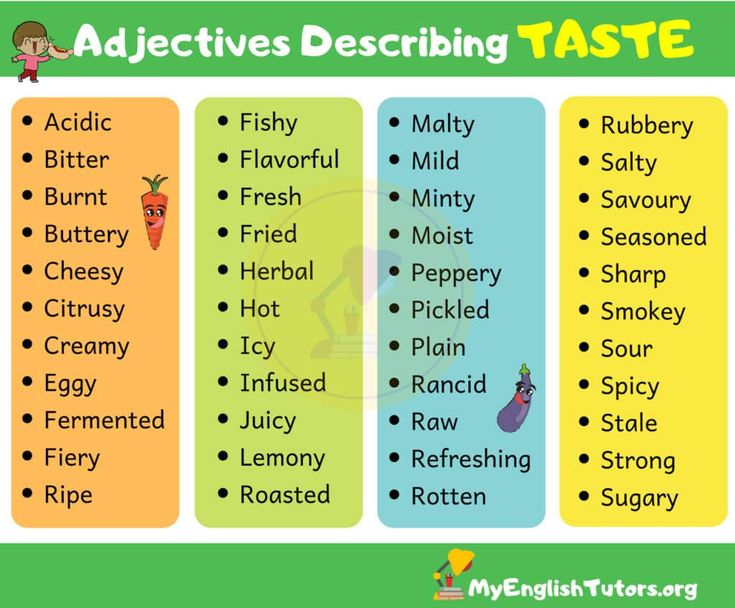 00.02 / Yulia Davidovna Polyakova; [Place of defense: Moscow Pedagogical State University]. - Moscow, 2008. - 225 p. [in English]
00.02 / Yulia Davidovna Polyakova; [Place of defense: Moscow Pedagogical State University]. - Moscow, 2008. - 225 p. [in English] - Fonetika v prakticheskom kurse russkogo jazyka kak inostrannogo [Phonetics in the practical course of Russian as a foreign language] : Textbook / N. A. Lyubimova, I. P. Egorova, N. L. Fedotova; St. Petersburg. State University - St. Petersburg: St. Petersburg Petersburg State University, 1993. - 92 p. [in English]
- Shustikova T.V. Foneticheskij aspekt v prakticheskom kurse RKI [Phonetic aspect in the practical course of the RCT] / T.V. Shustikova // Russkij jazyk kak inostrannyj i metodika ego prepodavanija: XXI century: Sbornik materialov nauchno-prakticheskoj konferencii [Russian as a foreign language and methods of teaching it: XXI century: Collection of materials of the scientific and practical conference]. Moscow: MPSU, 2005. pp. 116-118. [in English]
- Yun L. G. Sistema uprazhnenij dlja obuchenija kitajskih studentsov inzhenernogo profilja obshhemu vladeniju russkim jazykom i jazyku special'nosti [System of exercises for teaching Chinese engineering students general proficiency the Russian language and the language of the specialty] / L.
G. Yun // Samarskij nauchnyj vestnik [ Samara Scientific Bulletin]. 2019. No. 1 (26). pp. 322-330. [in English]
- Yusupova Z. F. Izuchenie professional'noj leksiki na zanjatijah po russkomu jazyku kak inostrannomu (neftjanoj profil') [Russian as a foreign language (oil profile)] / Z. F. Yusupova // Russkij jazyk v shkol'nom i vuzovskom obuchenii raznym predmetam [Russian language in school and university education in various subjects]: collection of articles / comp. O. E. Drozdova. - M: Corporation "Russian Textbook" 2018. pp. 225-230. [in English]
- Yarovenko T. V. Izuchenie imeni prilagatel'nyh nau rokah russkogo jazyka kak inostrannogo [Studying the adjectives in the Russian language as a foreign language] / T. V. Yarovenko // Pedagogika i prosveshhenie [Pedagogy and education]. 2019. No. 1.pp. 61-66. [inRussian]
English adjectives
An adjective in English is called an adjective. As in Russian, English adjectives answer the questions “what?”, “what?”, “what?” and indicate the characteristics of objects.
In English, adjectives do not decline for cases, genders, numbers, do not have short forms, but play an important role in making speech and texts more colorful, understandable and detailed.
Let's start with the classification of English adjectives.
Classification of adjectives
Adjectives are classified according to their meaning into relative and qualitative adjectives.
Relative adjectives denote signs of objects or phenomena that cannot be expressed to a greater or lesser extent, that is, they do not have degrees of comparison. Also, relative adjectives do not combine with words such as very (very), enough (quite).
Adjectives of this type include adjectives that mean:
- location. For example: southern (southern), top (upper), middle (central).
- materials, composition. For example: gold (gold), glass (glass), iron (iron).
- origin. For example: Russian (Russian), American (American).
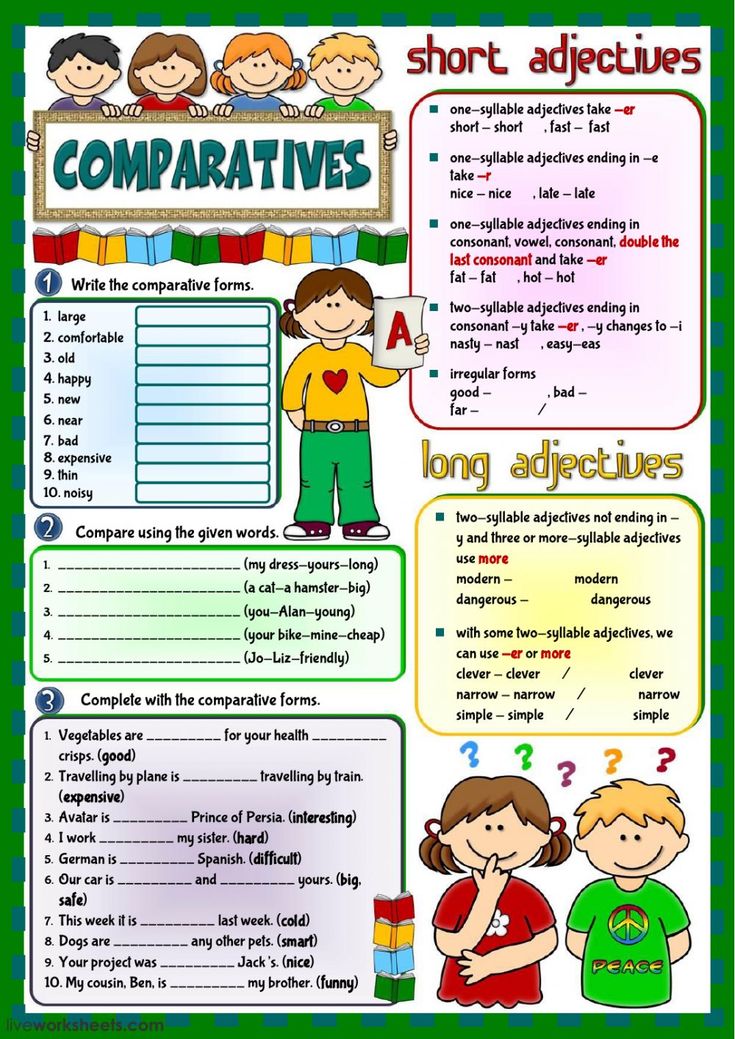
- timing. For example: daily (daily), monthly (monthly).
- industry affiliation. For example: political (political), economic (economic).
Qualitative adjectives describe a certain attribute of an object. Sometimes they are also called descriptive adjectives.
Qualitative adjectives refer to:
- color Red (red), white (white), yellow (yellow).
- size and shape. Small (small), big (large), huge (huge), long (long), round (round).
- opinion and evaluation. Beautiful (beautiful), excellent (excellent), nice (beautiful), terrible (terrible).
- sensations and emotions. Cold (cold), tasty (tasty), awful (terrible), happy (happy), sad (sad).
Please note that depending on the context and meaning, the same adjective can fall into different categories of adjectives at the same time.
In addition, English adjectives can be divided into 3 groups according to word composition.
- simple adjectives that consist only of the root.
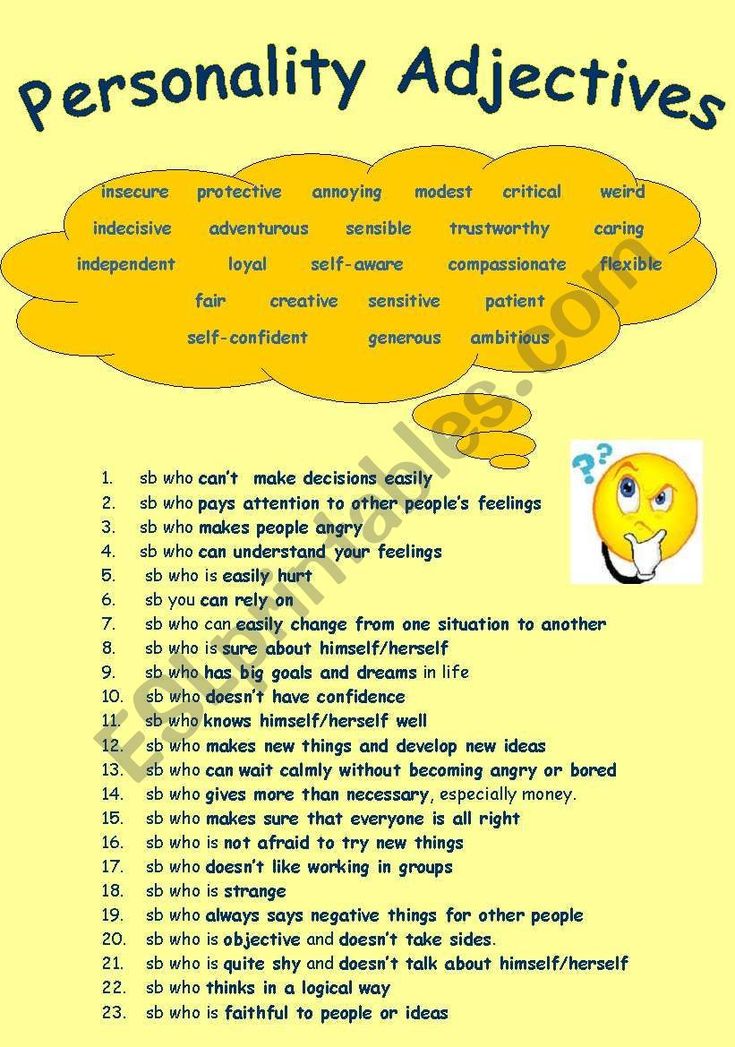 For example: short (short), long (long), young (young), nice (pleasant), cold (cold).
For example: short (short), long (long), young (young), nice (pleasant), cold (cold). - derivative adjectives that have a prefix and / or suffix in the word. For example: useful (useful), interesting (interesting), unhappy (unhappy), dangerous (dangerous), impossible (impossible).
- Compound or compound adjectives consisting of several words that can be separated by a hyphen. For example, hard-working (hard-working), good-looking (pretty), well-educated (well-educated), short-tempered (unrestrained).
As we have already noted, qualitative adjectives can have degrees of comparison. Let's consider this in more detail.
Degrees of comparison of adjectives
Adjectives can have 2 degrees of comparison: comparative, when two or more objects, persons or phenomena are compared with each other, and superlative, when one or more objects are distinguished from a group of similar ones on some basis.
Let's give examples of the comparative degree in Russian.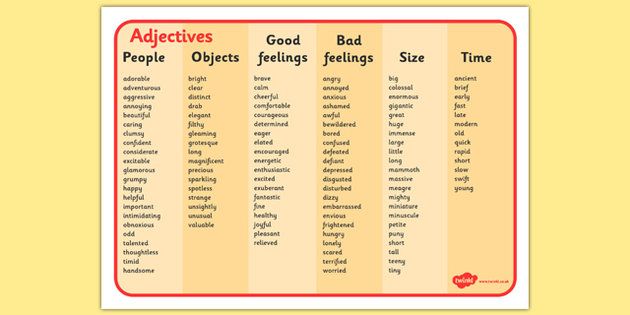
This boy in the gray cap is older than the guys he is currently playing with.
Red maples usually cost more than regular green maples.
The living room in our house is larger than the bedroom.
The comparative degree of adjectives in English is formed using:
- adding the suffix er to words consisting of 1 or 2 syllables.
- use of the word more before an adjective in a neutral degree, if the word consists of more than two syllables.
The word than is usually used with a comparative degree.
Let's analyze comparative English adjectives with translation.
My sister is younger me. My sister is younger than me.
It's harder than you think. It's harder than you think.
My daughter says that Math is more interesting than other subjects. My daughter says that mathematics is more interesting than other subjects.
The red dress is more expensive than the black one. The red dress is more expensive than the black one.
The red dress is more expensive than the black one.
The second degree of comparison of adjectives is superlative. It is used in the case when some feature is expressed to the greatest extent. Then the adjective, as a rule, is translated with the addition of the word "most". Examples in Russian:
This boy is the smartest in the class.
Dinner prepared to the best chef.
The most delicious watermelons in September.
The superlative degree is formed by adding the suffix est and the definite article the before the word when talking about adjectives consisting of 1-2 syllables.
Adjectives with more syllables are preceded by the most (and the form of the adjective itself remains unchanged).
Let's analyze adjectives in superlative form in English with translation:
I work in the largest business center in my town. I work in the largest business center in my city.
My grandmother was the youngest child among fifteen children in her family.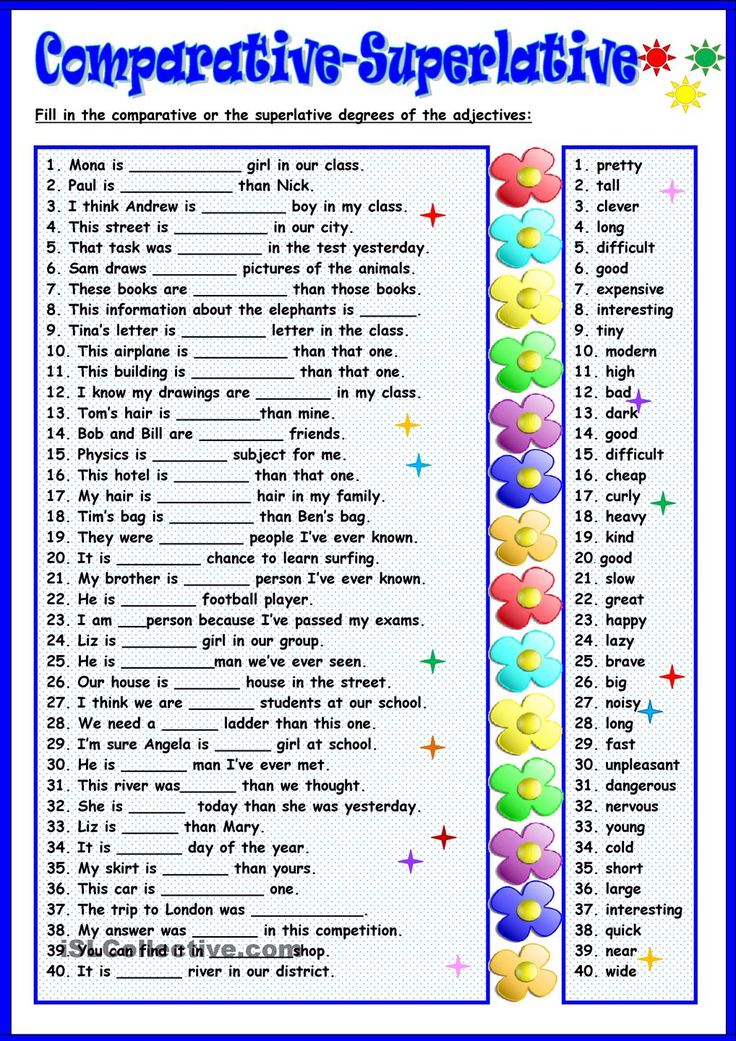 My grandmother was the youngest of fifteen children in her family.
My grandmother was the youngest of fifteen children in her family.
Yesterday I finished reading the most interesting book in my life. Yesterday I finished reading the most interesting book of my life.
Birthday is the happiest celebration of the year for many people. Birthday is the happiest holiday of the year for many people.
Separately, we want to draw your attention to some features of the word formation of short adjectives consisting of 1-2 syllables.
- if the word ends with the letter e, then only -r is added in the comparative degree, and -st in the superlative degree.
large - larger - the largest
nice - nicer - the nicest
- if a word ends in a consonant preceded by a vowel, the consonant is doubled.
big - bigger - the biggest
hot - hotter - the hottest (hot - hot - hottest)
- in words ending in y, adding -er and -est changes it to i. Happy - happier - the happiest (happier - happier - the happiest), easy - easier - the easiest (simple - easier - the easiest), tasty - tastier - the tastiest (tasty - tastier - the most delicious).

In addition, there are exception words, the degrees of comparison of which are not formed according to the rules. Here is a list of such adjectives in English with translation.
- good - better - the best (good - better - the best)
- bad - worse - the worst (bad - worse - worst)
- little - less - the least (small - less - smallest)
- far - farther / further - the farthest / the furthest (far - further - the farthest)
Farther implies a physical distance, eg go farther down the road.
Further is used figuratively. For example, read further (read on).
- much - more - the most (many - more - most)
- old - elder / older - the eldest / the oldest (old - older - oldest / oldest)
Older is used when referring to age in a general sense. For example: This picture is the oldest thing in our house. This painting is the oldest thing in our house.
Elder is used when talking about age relationships in the family.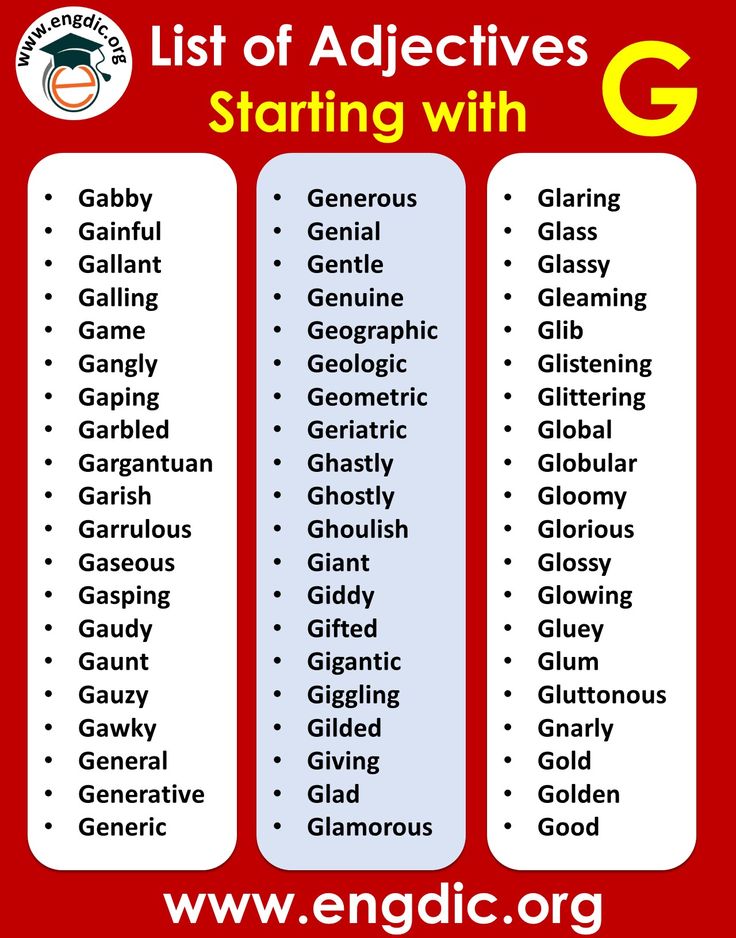 For example: My elder brother always helps me. My older brother always helps me.
For example: My elder brother always helps me. My older brother always helps me.
For a number of adjectives, comparative and superlative degrees can be formed both with the help of the suffixes er, est, and with the help of more, the most.
simple - simpler / more simple - the simplest / the most simple (simple - easier - the simplest)
clever - cleverer / more clever - the cleverest / the most cleverest
As well as adjectives: polite (polite), narrow (narrow), gentle (gentle), quiet (quiet), stupid (stupid), friendly (friendly).
Place of adjectives in the sentence
- An adjective as a definition is placed before a noun, the sign of which it denotes.
I like my red dress. I like my red dress.
I will never forget that wonderful sunny day in Paris. I will never forget that beautiful sunny day in Paris.
- If the adjective refers to a component of the predicate, then it is placed after the auxiliary verb to be.

Learn more




